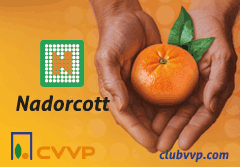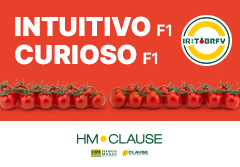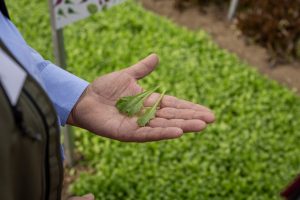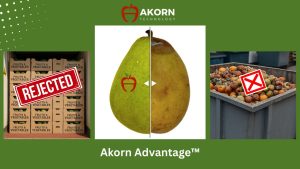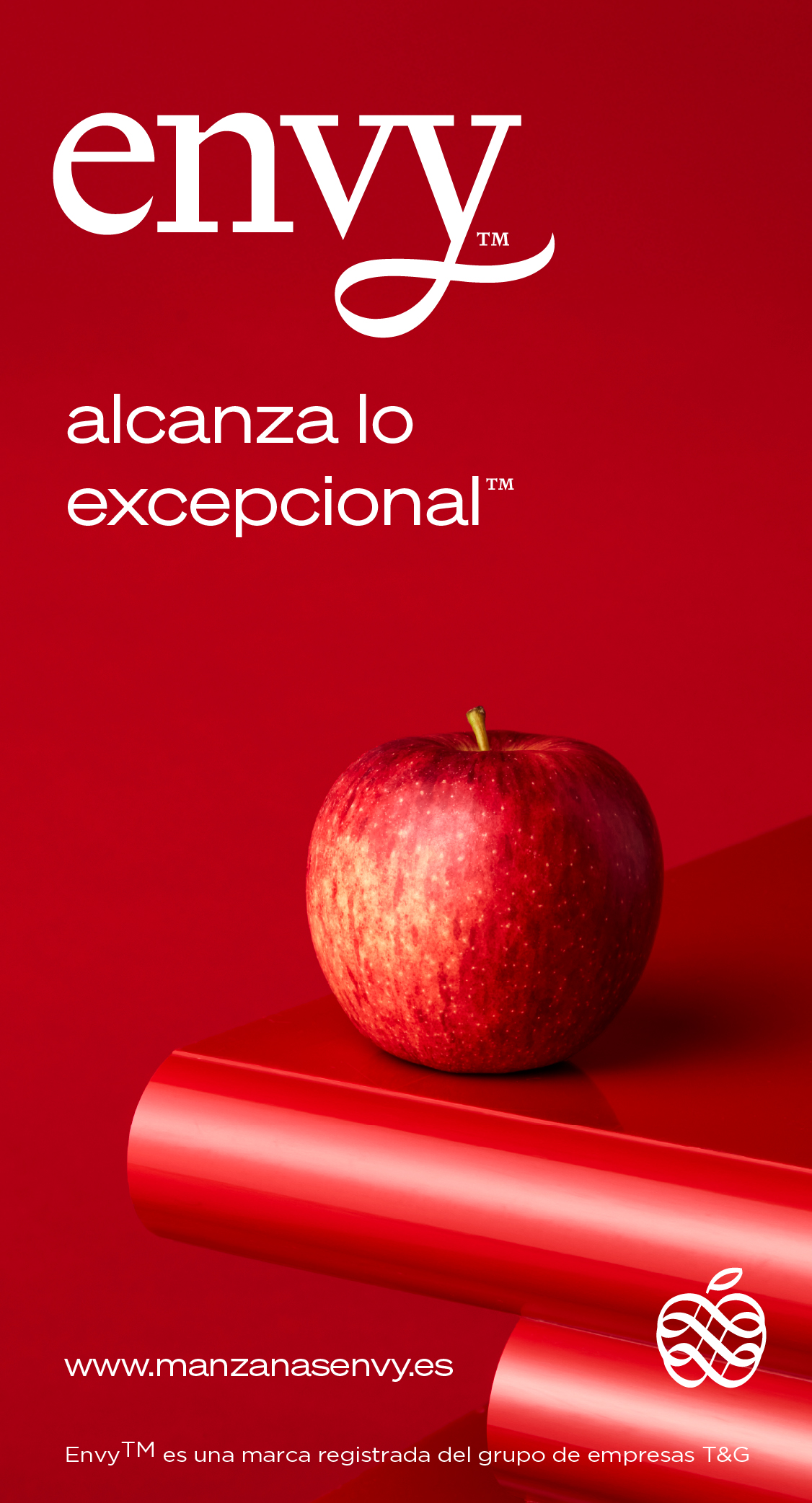Cucumber has established itself as one of Bayer Seminis’ strategic crops, as the company heads into 2025/26 with a reinforced catalogue in a market that, according to the company, maintains stability that favors orderly growth. Francisco Tomillero, Development Technician, confirms that the performance of varieties launched in recent years is meeting expectations and the strategy now focuses on expanding the offer under the QR technology umbrella.
Pontius, which went through its pre-commercial stage last season, is entering its first commercial year with a ‘sold out’ and a clear objective: to position itself as a benchmark in fast cycles. “We sold all available seed, meeting the set objectives,” says Tomillero, who highlights its earliness, fruit quality and strong performance under high temperatures. Pontius also has a complete resistance package that provides growers with security, including good tolerance to head burn, one of the common issues in early plantings.
Meanwhile, Aurelius is entering its second year with notable growth in acreage. It has doubled compared to the previous year, positioning itself on the Costa de Granada, with expectations of reaching peak sales in the coming season. “Both varieties are productive, with quality and complete resistances, adapting to the needs of growers and the market.”
Alternating: from early to long cycles
The cucumber market is stable, although this year early acreage has increased slightly due to last year’s good prices. According to Tomillero, “there is growing interest in a fast cycle, where Pontius fits (for harvesting in September–October), and then another later cycle, with October–November plantings for long cycles.”
RELATED NEWS: Pierre Larrieu to Lead Bayer’s Crop Science Division in Spain, Portugal, and North Africa
In this scenario, this autumn they will introduce two QR varieties aimed at mid-season plantings: SVCE1764 and SVCE1774. Slightly later than Pontius, they will enter the market with initial promotions in October and November. With them, they reinforce a catalogue that responds to the need for earliness and quality, and consolidates complete resistances and agronomic security—fundamental pillars of their strategy.







